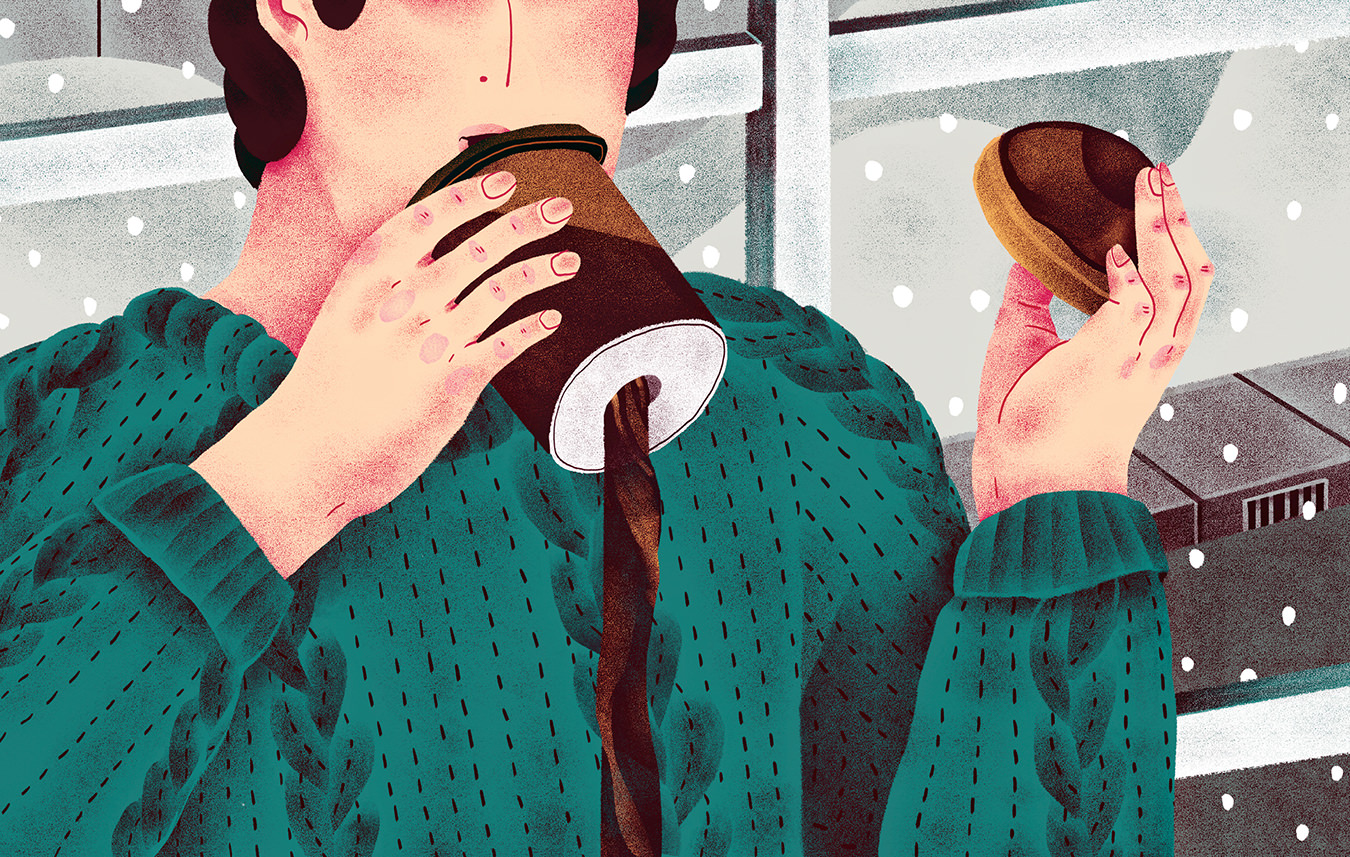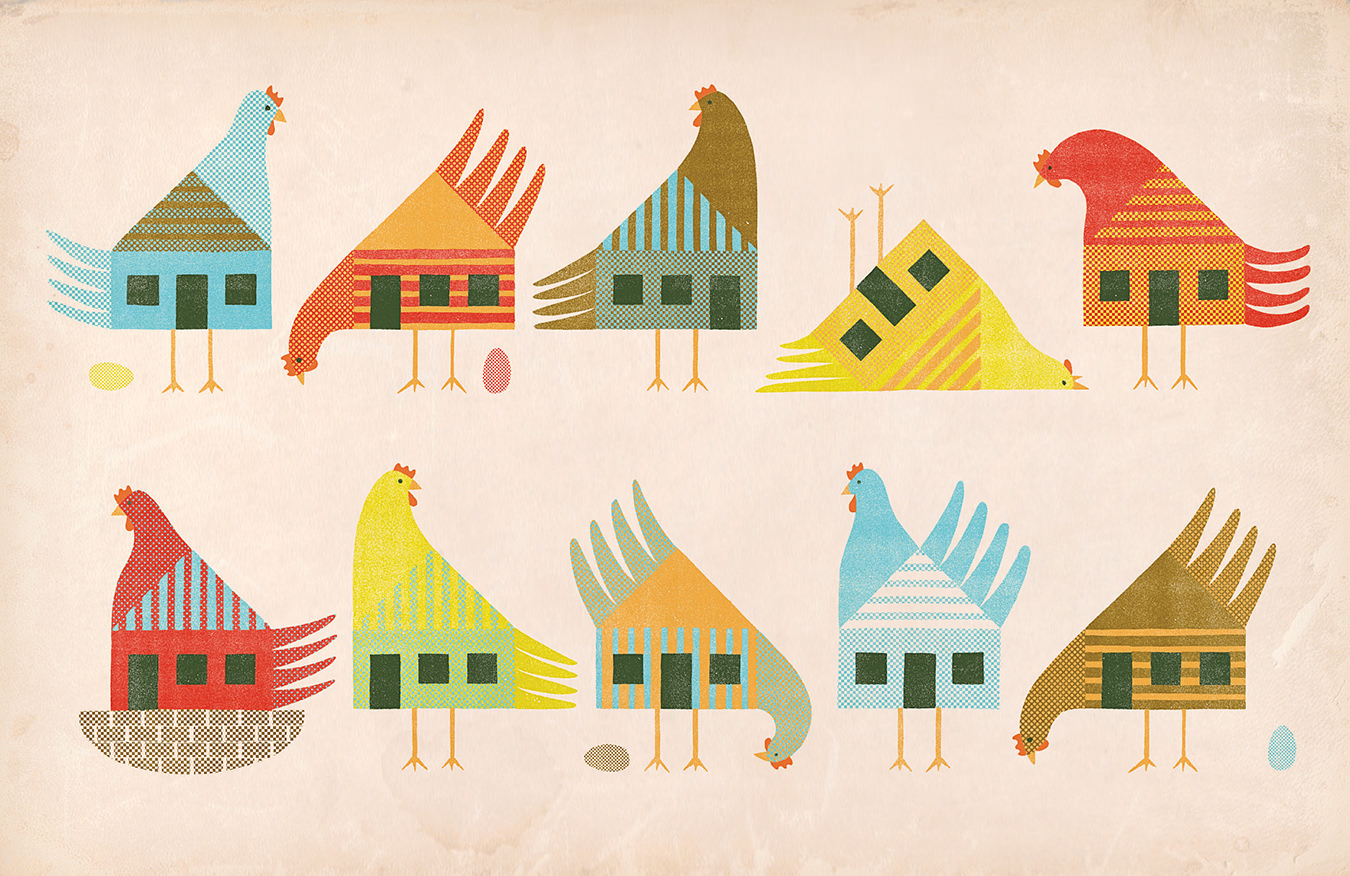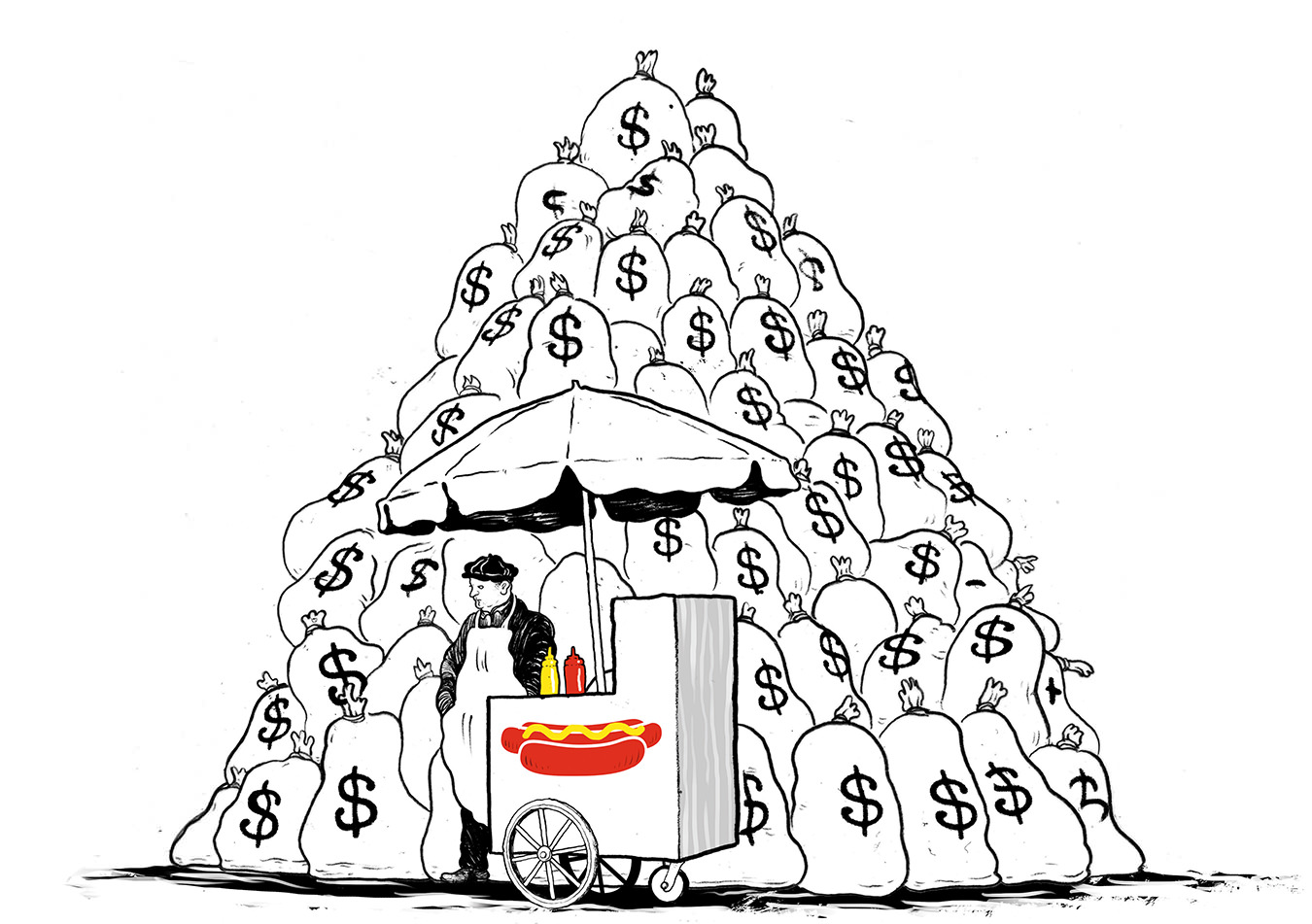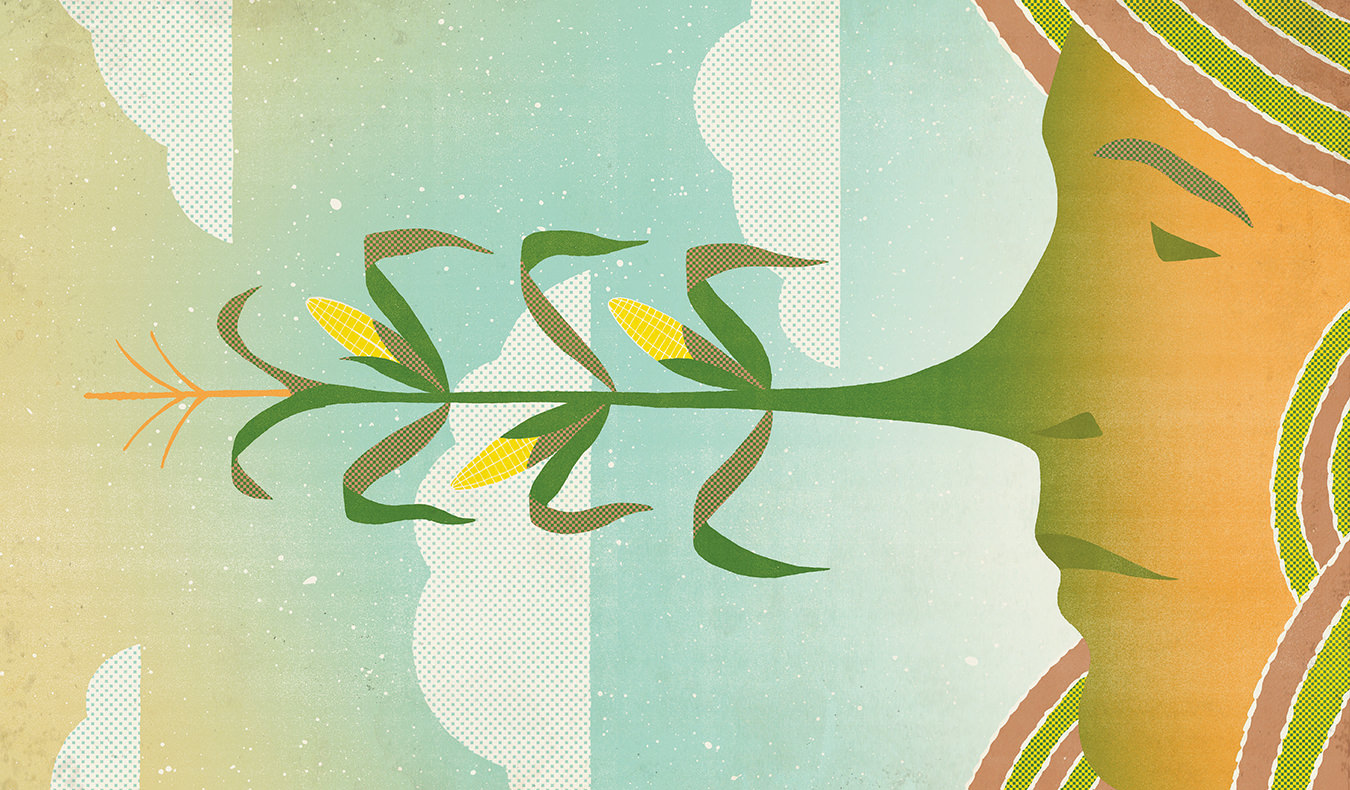(Un)made in Canada
Requiem for the double-double.

It wasn’t the service. Or the ambience. And let’s be honest with ourselves—it wasn’t the coffee or the doughnuts either. No, it was a feeling that turned Tim Hortons into our national coffee shop. Call it a sense of humble comfort: a small-town, aw-shucks goodness its customers liked to see in themselves.
While news of the company’s takeover (or, to be accurate, reverse takeover) by Burger King has done little to stem the flow of joe at Tim’s 4,000 or so locations, the whole warm-and-fuzzy thing is looking a bit passé. Whatever the deal’s financial rationale, it’s hard to applaud when a part of your national culture is bought out by a New York hedge fund run by a bunch of Brazilians with a knack for trimming corporate fat.
Not that money cares much for our feelings. Sure, nostalgia remains a powerful marketing tool—one of the reasons why you drink Coke Classic rather than that abomination-in-a-can (a.k.a. New Coke) they tried to get you to drink back in 1985. But when it comes to corporate strategy, big business has always been unapologetic about its focus on the future. Onward and upward, bigger and better, faster and further: executives care infinitely more about what’s to come than what once was.
In this respect, the Tim Hortons buyout is just the latest example of a long-standing Canadian trend. Many of our better-known corporations—Alcan (aluminum), MacMillan Bloedel (forestry), Eaton’s (retail), Seagram (liquor)—have been sold to foreigners with big pocketbooks and bigger plans. A generation ago, the takeover of our national donuterie may have caused much hand-wringing about the “hollowing out” of corporate Canada. Now, after so much of ourselves has been peddled and hawked, the move results in little more than a collective shrug.
Then again, cross-border mergers and acquisitions have always been about national pride as much as they are about the bottom line. And on that score, the Timmy’s takeover hits a nerve. The quiet Canadian coffee shop named for a player of our national game bought out by the big, brash American burger joint whose mascot is a buffoonish king with an oversized head—it’s hard to imagine a more fitting metaphor for the sum of all Canadian fears: a wholesale economic and cultural takeover by our neighbours to the south.
It’s true: the past is never dead. It’s not even past. To this day, our nation, founded as a refuge for those who did not wish to be a part of the rising giant to the south, continues to wrestle with its fear of becoming the 51st state. You can see it when we celebrate a forgotten war, when we guffaw at Rick Mercer’s trickery, or when we opt for a double-double over a frappuccino. In some small way, our love of Tim’s brew is an expression of the not-Americanness that remains a core feature of where we came from, who we are, and what we hope to remain. At least, it was. Going forward, when the caffeine flows into our cups, the profits will flow elsewhere. And when we roll up the rim, it won’t be so clear who wins.




